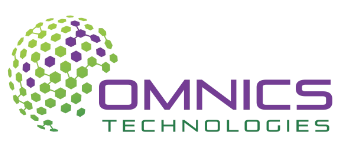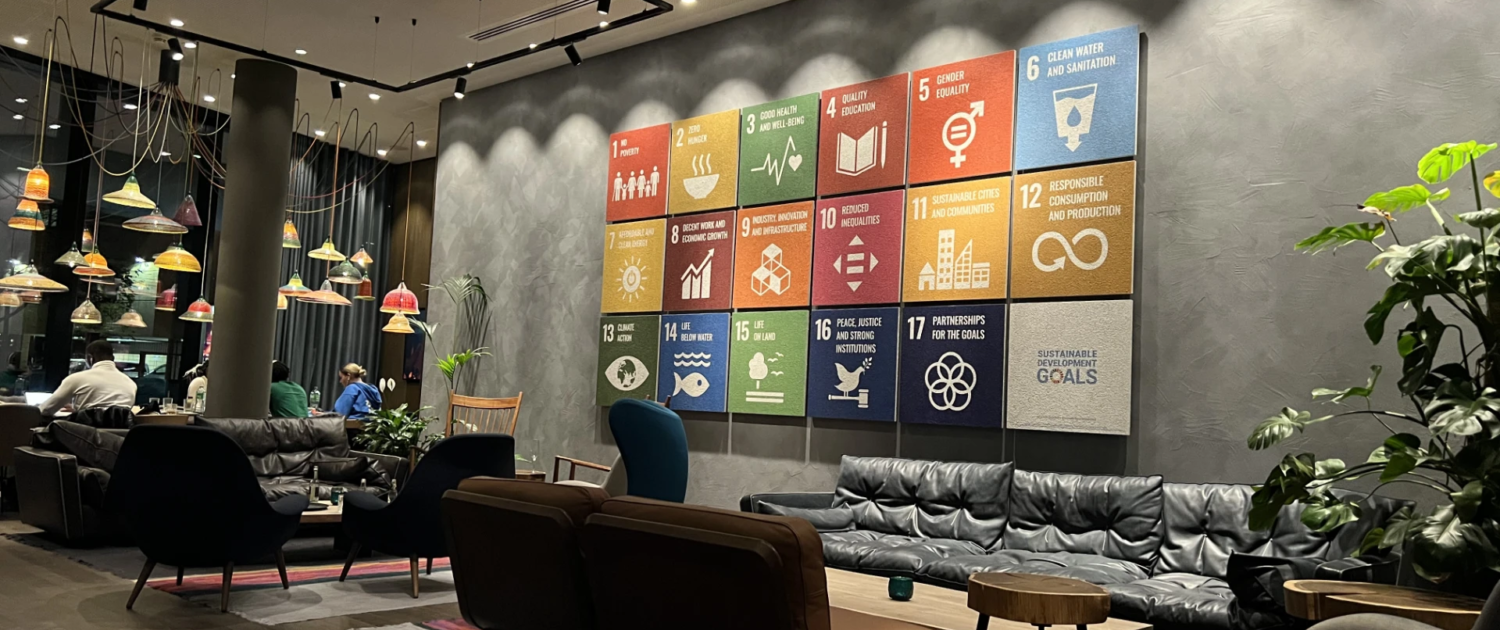Social and sustainable IT outsourcing: How can we contribute to the UN Sustainable Development Goals (SDGs) together with our customers?
Responsible outsourcing that takes social and sustainable aspects into account can make a significant contribution to achieving several UN Sustainable Development Goals (SDGs). In particular, with regard to working conditions, occupational safety, diversity and gender equality, and employee health, we can positively influence the following SDGs with the right tailoring.
In recent weeks, we have been thinking intensively about how we (together with our customers)can contribute to the implementation of the goals set by the SDGs. With this approach, we want to ensure that economic success and social responsibility go hand in hand and that we can also play a central role in achieving the SDGs.
We have identified a number of SDGs that are relevant to our commitment, which we would like to present to you briefly below:
SDG 3 – Health and well-being:
Social and sustainable IT outsourcing promotes a healthy work environment and ensures that employees have adequate access to health benefits, such as employer-paid health insurance. Improved health and less absenteeism due to employee illness helps increase productivity and supports the overall well-being of the team.
SDG 5 – Gender Equality:
In responsible outsourcing, the provider is committed to gender equality and the advancement of the female workforce in the IT industry. Through targeted programs and initiatives, e.g. salary equality, anti-harassment initiatives, parental leave and part-time models for parents of all genders, measures for women’s safety, such as organizing cab rides and security technology in the office, the provider ensures that women are given equal opportunities and development possibilities.
SDG 8 – Decent Work and Economic Growth:
Social and sustainable IT outsourcing improves working conditions and creates jobs with fair wages and regulated working hours. This contributes to sustainable economic growth and a better quality of life for employees.
SDG 10 – Reduce inequalities:
By promoting diversity and inclusion in the workforce, responsible outsourcing helps to reduce social inequalities and create a diverse and inclusive work culture.
SDG 12 – Sustainable consumption and production patterns:
Social and sustainable IT outsourcing contributes to more sustainable consumption and production patterns by focusing on environmentally friendly and ethical practices. This includes efforts related to energy efficiency, recycling, and waste reduction in the outsourcing provider’s area of responsibility.
SDG 16 – Peace, justice and strong institutions:
Companies that engage in socially responsible and sustainable IT outsourcing also set an example of responsible corporate governance and strong institutional values. This promotes a transparent and trustworthy business environment.
So we could see that by addressing these aspects in outsourcing, we can support a whole range of SDGs and drive positive social and environmental change. Certainly, we are currently still pretty much at the beginning. We therefore see it as our ongoing task to think about how we as a company can improve or contribute more to the implementation of these SDGs. In this sense, the readers of this blog post, customers and cooperation partners are also called upon to support us with feedback and ideas on this path.



